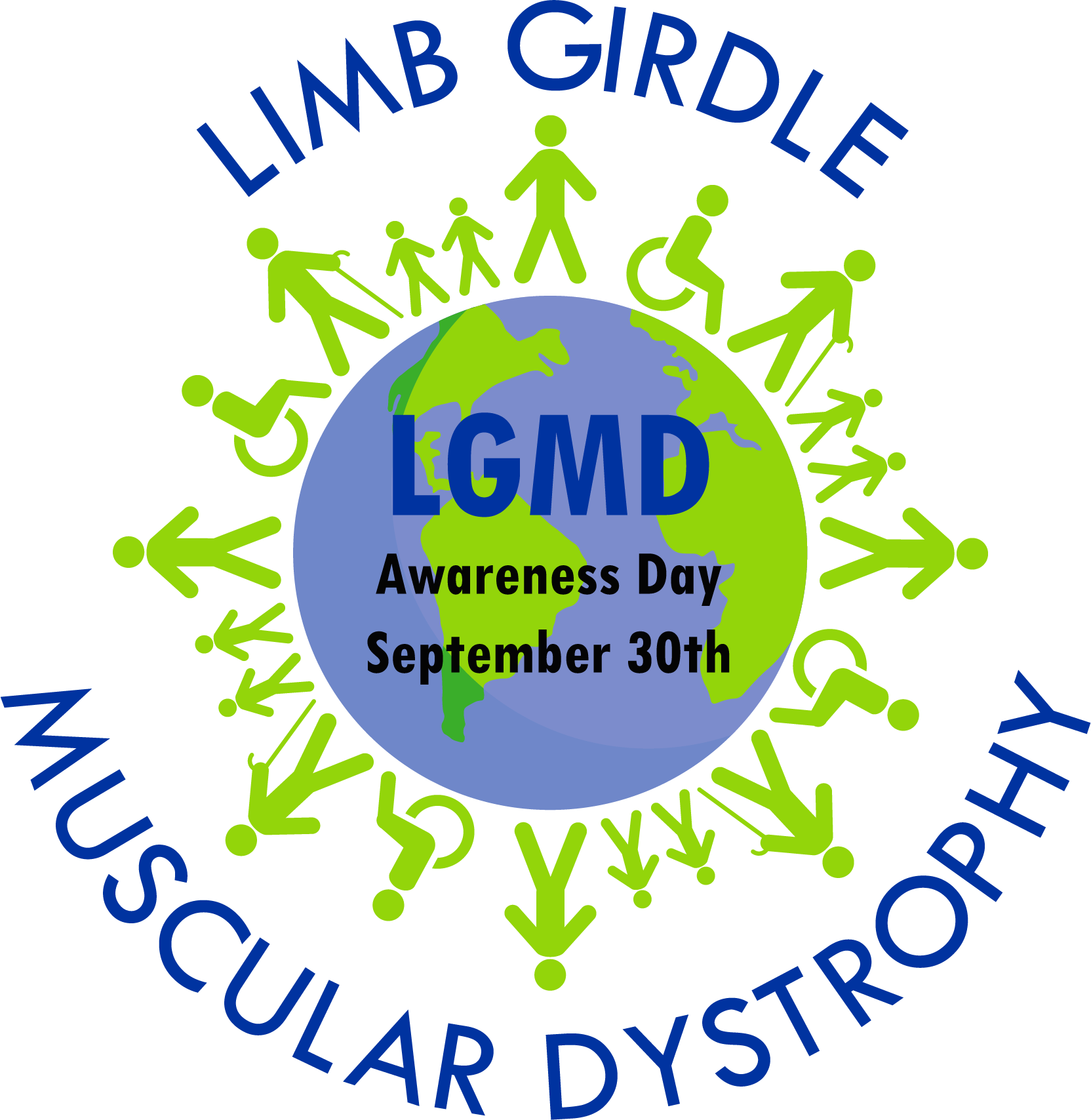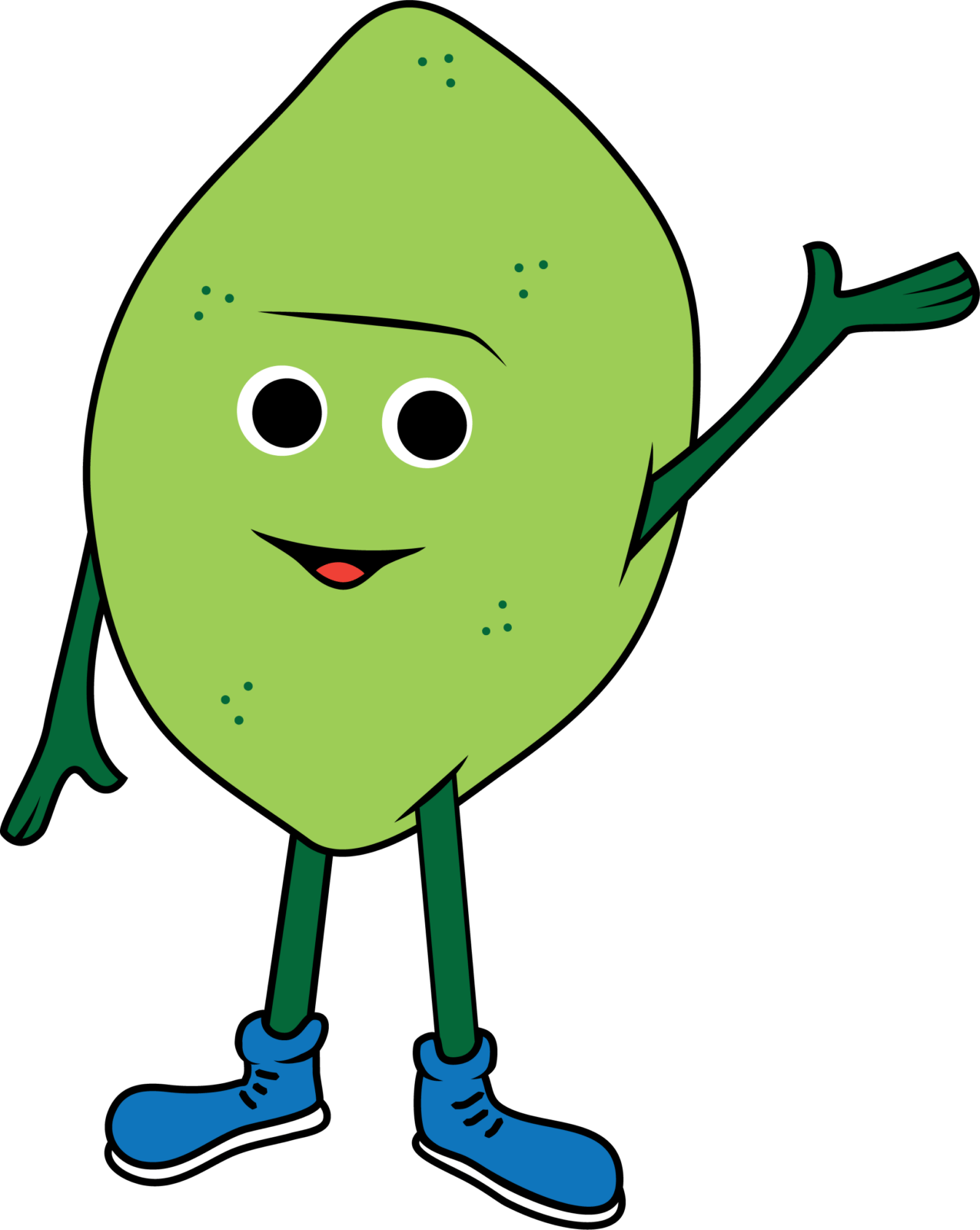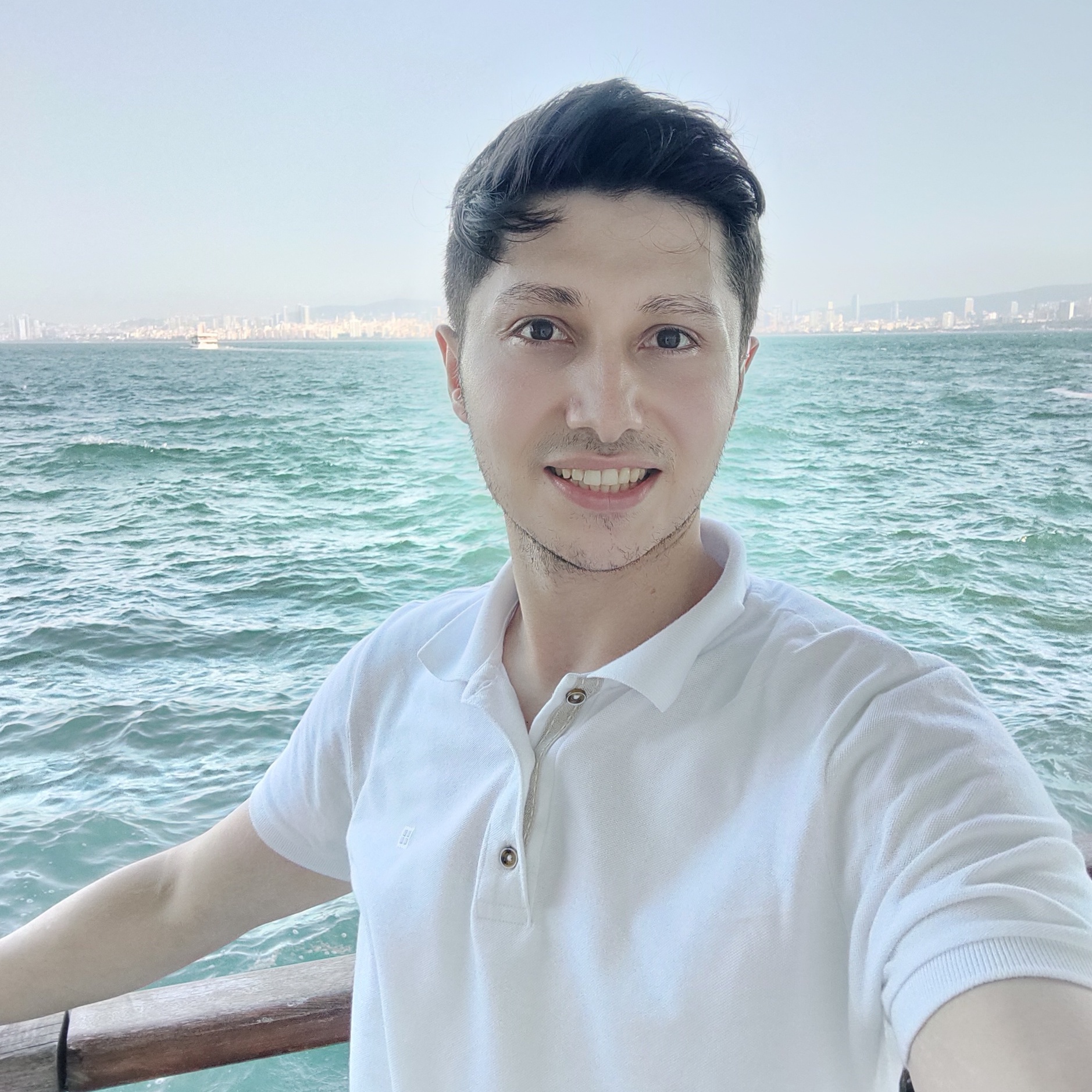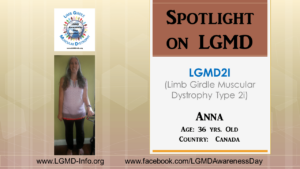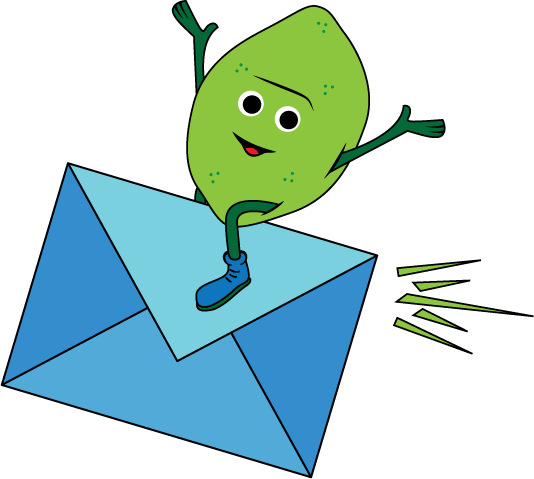INDIVIDUAL WITH LGMD: Anna
ENTREVISTA DE LGMD SPOTLIGHT
Nombre: Anna Edad: 36 yrs. old
País: Canadá
Subtipo LGMD: LGMD2I
¿A qué edad le diagnosticaron:
I was initially diagnosed with a “non- specific muscle myopathy when I was a young child (sometime in grade school). Later in life, when I was 26, I was given a “working diagnosis” of LGMD. Finally, at the age of 36, I was formally / clinically diagnosed with LGMD 2I via genetic testing.
¿Cuáles fueron sus primeros síntomas?:
I’m not really sure what my first symptoms were because though I had this disease from birth my parents never talked to me about it. They felt that because my symptoms didn’t medically impact my life then there was no need to dwell on them. Looking back on it- if I had to guess- my earliest symptoms (that I can recall) were toe- walking, and achy calves. I also recall not being able to easily participate in some gym activities like cross- country running and gymnastics.
¿Tiene otros familiares que padezcan LGMD?
I have three brothers. It is interesting, the two brothers closest in age to me are affected with LGMD but my youngest brother (who is seven years younger) is not affected at all and, in fact, is extremely athletic.
¿Cuáles crees que son los mayores retos de vivir con LGMD?:
For me, the first greatest challenge is the ever changing needs of this disease- sometimes it’s hard to keep up! For example, you get used to doing a certain task one way and suddenly, one day, you can no longer do it that way (or you might discover you can no longer do that task at all). Also, you buy a piece of equipment to assist you and it works for a while but then you reach a place where it is no longer helpful and have to either buy yet another piece of equipment or think of something else.
The second greatest challenge living with LGMD, for me, is not knowing how this disease will affect your future. Every one progresses differently, to varying degrees and rates so it is difficult to anticipate what your future needs will be or to plan any kind of future because physically you just don’t know what kind of shape you will be in.
¿Cuál es su mayor logro?:
I work very hard to live a full life so it’s hard for me to name one accomplishment. Sometimes living with disease just getting out of bed feels like my greatest accomplishment J In all seriousness though, I am a mother to two children (one biological and one adopted) so watching them grow gives me tremendous joy and gives me an immense sense of accomplishment. I was also a parish priest for almost ten years and so I had the great honor of journeying with people through their most difficult times. Knowing that I may have helped them navigate that tough patch (even if it was to a small degree) gives me a sense of pride.
¿Cómo le ha influido la LGMD para convertirse en la persona que es hoy?
LGMD has influenced my life in many ways. It has taught me to be adaptive to my environment. I think, when living with this disease, you naturally learn to think outside the box.
It has also taught me not to dwell because when you dwell you feel ‘stuck’ which isn’t helpful or healthy. LGMD has also given me the gift to appreciate all the little things in life. Most importantly, LGMD has given me the ability to not take myself so seriously. My youngest daughter tells me regularly that I am” goofy” and I’m good with that- life is too short and too uncertain not to give pause and have a good laugh. One of my mottos in life is: “If plan ‘A’ doesn’t work, there are twenty five more letters in the alphabet!” J
¿Qué quiere que el mundo sepa sobre la LGMD?:
This disease affects everyone differently and even with the same person it affects them differently depending on the day and surrounding environment. This means that sometimes there may be a lot of anxiety for the person with M.D. Sometimes a seemingly simple and mundane task to an able- bodied person can seem overwhelming to a person with M.D. because of the process and/ or physical barriers involved. All I can say to the world, friends, family and caregivers is that it’s important to love and support those with M.D. not just physically but emotionally and psychologically too– even when you may not completely understand what it is they are feeling and why.
Si su LGMD pudiera "curarse" mañana, ¿qué sería lo primero que desearía hacer?:
If I woke up today and had no symptoms I would, without a doubt, head directly to the beach!
Para leer más "LGMD Spotlight Interviews" o presentarse voluntario para una próxima entrevista, visite nuestro sitio web: https://www.lgmd-info.org/spotlight-interviews

